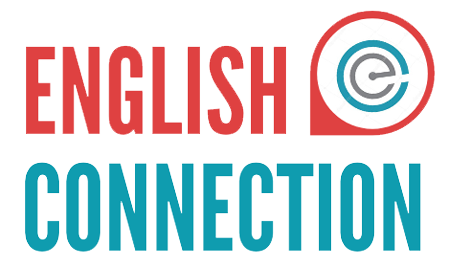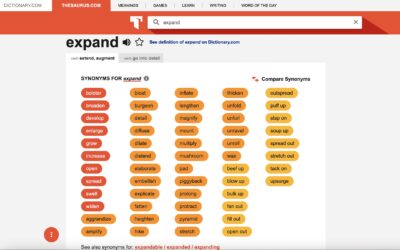
Today, I present to you another case of mistaken identities in English.
Envelop and envelope are not true homographs, since they can be distinguished by envelop’s lack of a final E. They are quite close, though, and even though their spellings are nearly identical, they are pronounce slightly differently and have different meanings. They are even different parts of speech.
The pronunciation
Like for many words that might share the same, or similar, spelling it is important to distinguish on which syllable the stress is placed as it changes the pronunciation of a given word. And this is one of the reasons why understanding a native English speaker is so challenging, even when we have a good grasp or knowledge of the grammar and a considerable amount of vocabulary under our belt.
When spoken out loud, the second syllable of envelop is stressed, just like the word indebted. Envelop rhymes with the word develop.
The word envelope is only ever used as a noun. When spoken out loud, the third syllable is stressed, just like the word antelope.
Notice where the apostrophe (which indicates that the syllable that follows it is stressed) fall in each example. And notice how, according to where you place the stress, the vowels in the other syllables change pronunciation.
When to Use Envelop
What does envelop mean? The word envelop is a verb. It means to wrap something in a covering or to cover something completely.
Fog might envelop a secluded moor, for instance, or darkness might envelop the forest on a starless night.
The sentences below give further examples,
Silence will usually envelop a theatre when the house lights go down.
After mixing the batter, gently stir in the chocolate chips to envelop them with dough.
Many social networks can envelop people, making them lose hours of valuable work or personal social time.
This is where it gets confusing. What if you need to conjugate envelop into the past tense?
As you might have guessed, envelop becomes enveloped in the simple past tense, adding even more uncertainty to an already confusing situation.
When to Use Envelope
What does envelope mean? Envelope is a noun. It can be used in a variety of contexts, but most of the time, it means a folded paper covering for letters and other documents.
Most documents sent through the mail are sealed in an envelope for safe travel. Envelopes can also be used to keep documents private in offices and other professional environments.
Here are a few examples of envelope in a sentence,
The spy got up from his seat on the train and walked away, leaving a blank envelope taped to the bottom of his seat.
If you are turning eleven soon and you receive an envelope addressed to you from Hogwarts, open it immediately!
What about you? Do you have a pair of confusing words that you want to clarify? Why don’t you share them with me and the English Connection community in the comments section below!
Sign up to join the English Connection community and get these free bitesize lessons every week!






0 Comments